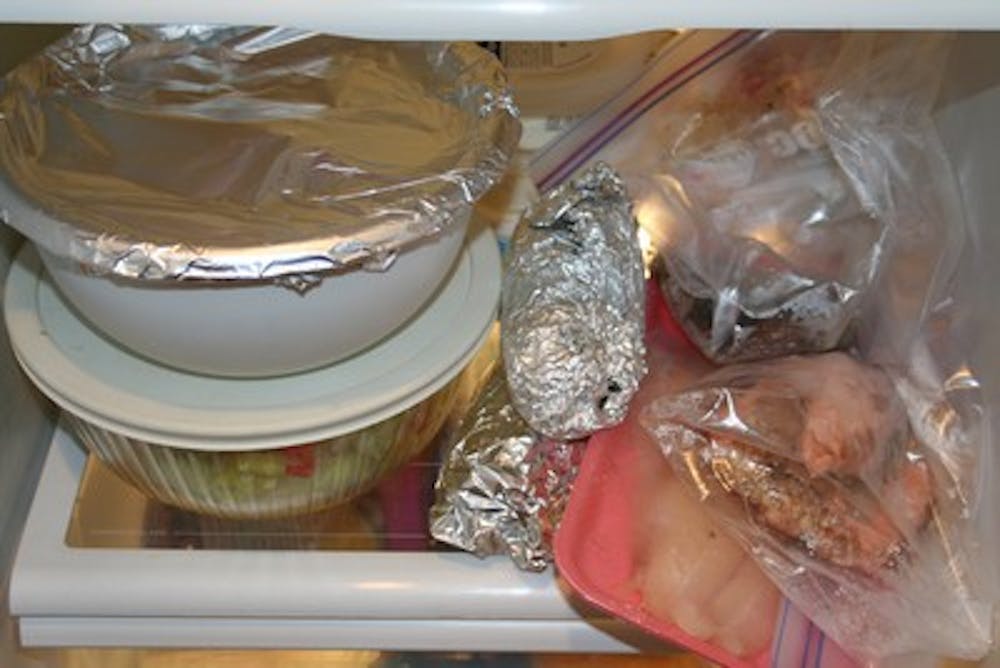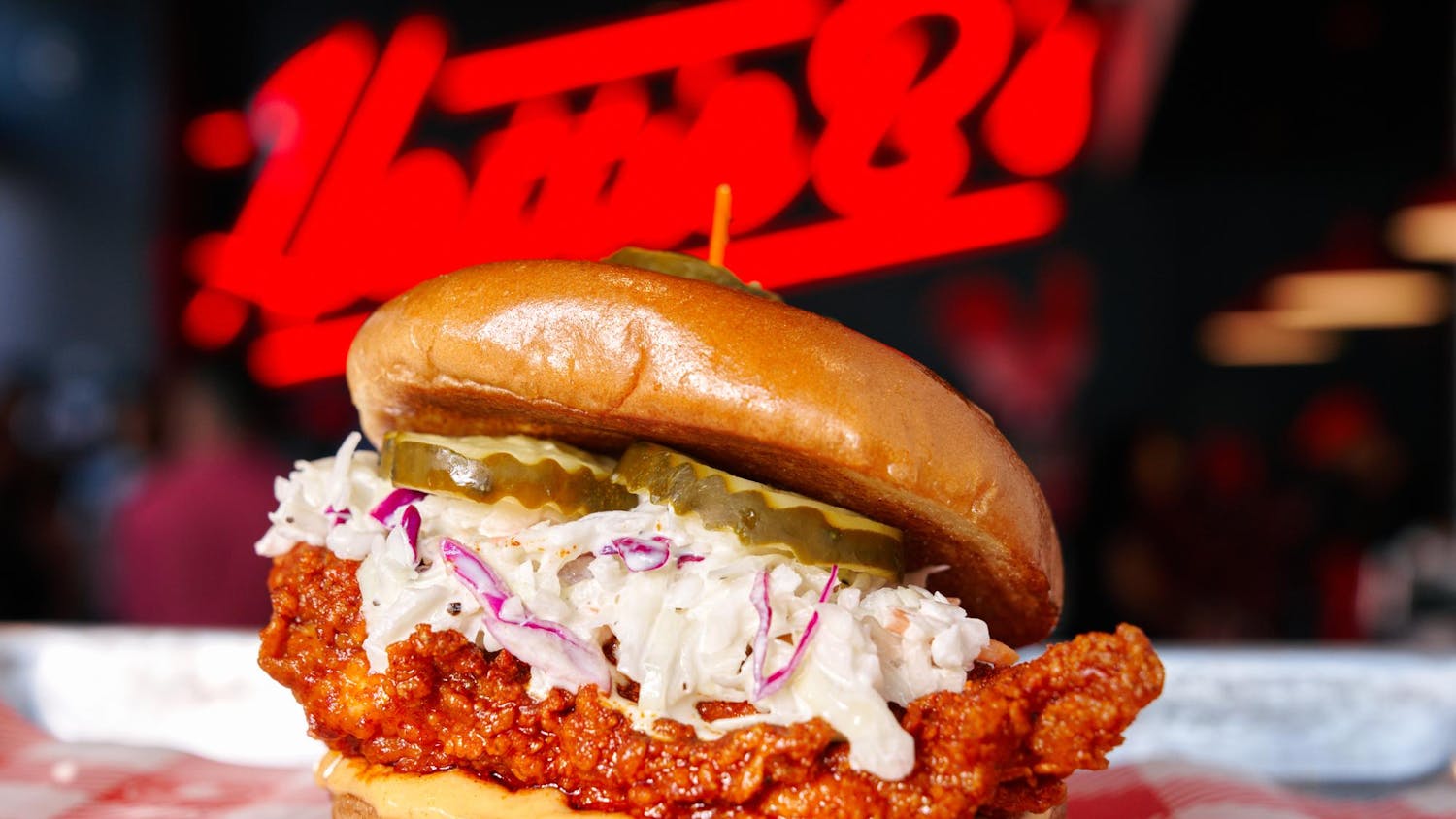Though momma always said to clear your plate before dessert, sometimes saving dinner could make for a cheaper lunch tomorrow.
This thrifty reheated meal might sound appetizing, but certain precautions should be taken when re-preparing last night's dinner.
Shaye Smith, a senior in political science, said she cooks most of her meals and makes enough to have leftovers the next day.
"If it's meat, I'll keep it in there for up to three days, but if it's anything else like a veggie I'll keep it in there for a week," Smith said. "The next day I'll reheat it in the microwave, but if it's a steak, I heat it in the oven."
Jean Weese, professor in nutrition and food sciences and also extension specialist with the Alabama Cooperative Extension System (ACES), explained that preparing and re-cooking food is all about science and consumers should take extra care in preventing food from bacterial contamination.
If the food is prepared and stored correctly, Weese said meat and poultry leftovers, soups and stews will keep for two to three days, after which is should be thrown away.
However, other foods have different limits on how long they can be kept. While eggs fresh in the shell can be kept for three weeks, milk should only be kept for one week.
To ensure safe and tasty leftovers, conservation begins when the food is first prepared.
Weese said with ground meats and ground turkey, the internal temperature should reach 165 degrees Fahrenheit when it is first cooked and when it is reheated. Weese also said the U.S. Department of Agriculture recommends any type of leftover be reheated to 165 F, such as a casserole or soup.
In order for food to be acceptable the next day, Weese recommends food be packed away and in the fridge (at 41 degrees or below) no longer than two hours after it was initially prepared. For food that has been sitting out for hours, Weese said it is best to be thrown out.
How the food is contained is up to the consumer. The purpose of tuber ware or aluminum foil and wrapping up the food is to lock in the moisture and to prevent the food from tasting dry, Weese said.
For some students re-cooking and reheating meals can get boring, but leftovers that can last for days don't always have to be bland.
"I'll cook pastas and veggies and keep it for a week," Smith said. "I try new stuff with the pasta like put it in different sauces and use different seasonings for several meals."
Jenny Stegall, an Auburn alum who worked as a personal chef and owned a catering company in San Francisco, shared some tips on how to spice up and preserve tastes of leftover food.
"Cold foods and room temperature foods make better leftovers," Stegall said. "Reheating breaks the flavors down and gives that 'leftover' taste. If reheating meat, like pork tenderloin, it will be better if reheated in a sauce as opposed to dry. It will retain its moisture and also get fresh flavors from the sauce."
Some foods like pizza or pasta taste good cold. Weese said eating leftovers cold is OK, but by the second day the food should be reheated.
Refrigerating food can make grandma's beef stew keep for a couple of days, but freezing foods can save delectable treats for months.
"If it's a homemade soup it will keep for three to six months," Weese said. "But the flavor is going to go away, because the product deteriorates after a certain time. The longer you keep it in the freezer the less quality you are going to get."
Do you like this story? The Plainsman doesn't accept money from tuition or student fees, and we don't charge a subscription fee. But you can donate to support The Plainsman.





